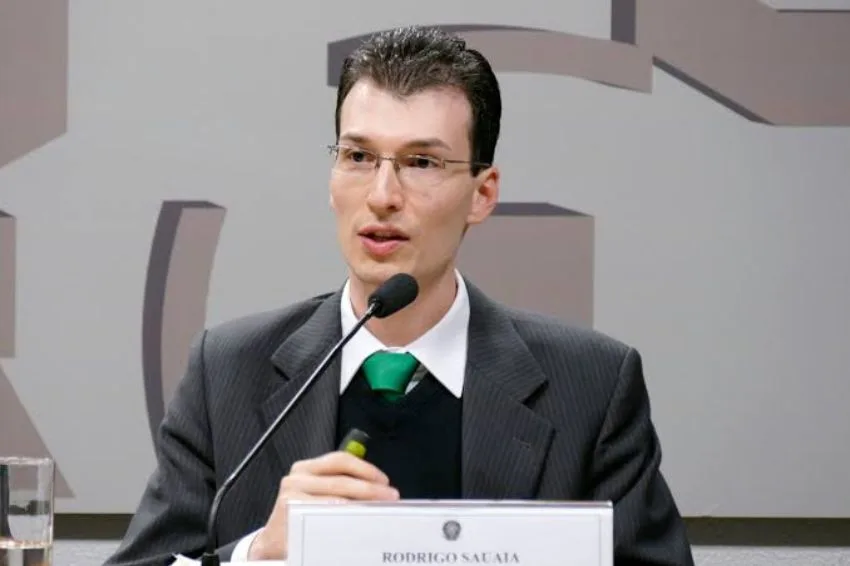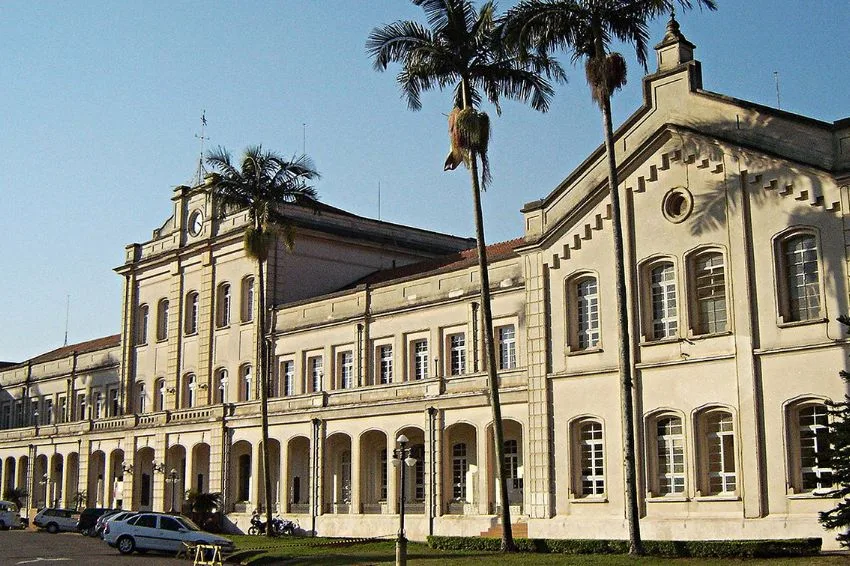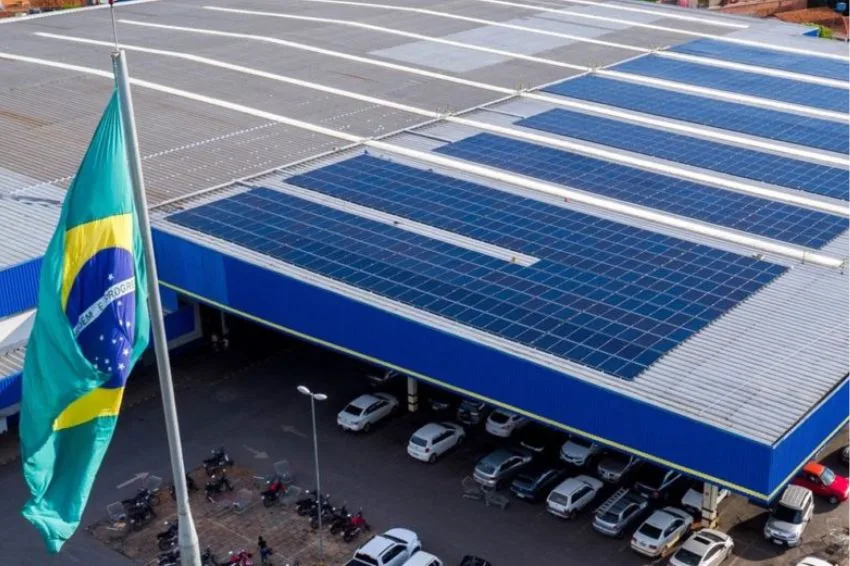Solar energy is increasingly reaching indigenous communities. Parque do Xingu, a reserve located in the north of Mato Grosso, received the installation of photovoltaic modules to supply a telehealth station that will bring medical assistance to the community in the fight against coronavirus.
The project, carried out by FAS (Fundação Amazonas Sustentável), in partnership with Empowered by Light – an international NGO that helps needy communities access clean energy sources – will benefit more than 7 thousand inhabitants of 16 ethnicities in the region.
Another FAS initiative, which included a partnership with the French Embassy in Brazil, was the delivery of 65 rapid test kits to detect Covid-19 antibodies.
The objective is to support the work of health professionals who work mainly in the Tumbira and Três Unidos communities, located on the banks of the Rio Negro (AM).
Solar energy in indigenous communities in Brazil
In September, Canal Solar reported the implementation of a photovoltaic system on the Três Unidos indigenous reserve to assist with the telemedicine service, which also reduced the impacts of the coronavirus and improved health care in the region.
According to the FAS, the local health center only operated with a fuel-powered power generator, which created several problems and insecure service.
Furthermore, the community does not have access to electricity and does not benefit from the LPT (Light for All) program. For these reasons, the photovoltaic source was the best solution to resolve local difficulties.
Another indigenous village benefiting from solar energy was Avá-Canoeiro, in the region of Minaçu (GO). Since April this year, the community's UBS (Basic Health Unit) has been supplied through a 7,035 kWp off-grid photovoltaic system.
“It was extremely gratifying to work on this project, bringing clean and sustainable energy, in addition to contributing to the health and perpetuation of such a warrior people”, highlighted Natália Maestá, electrical engineer and CEO of Fonte Solar, the company responsible for the installation.















